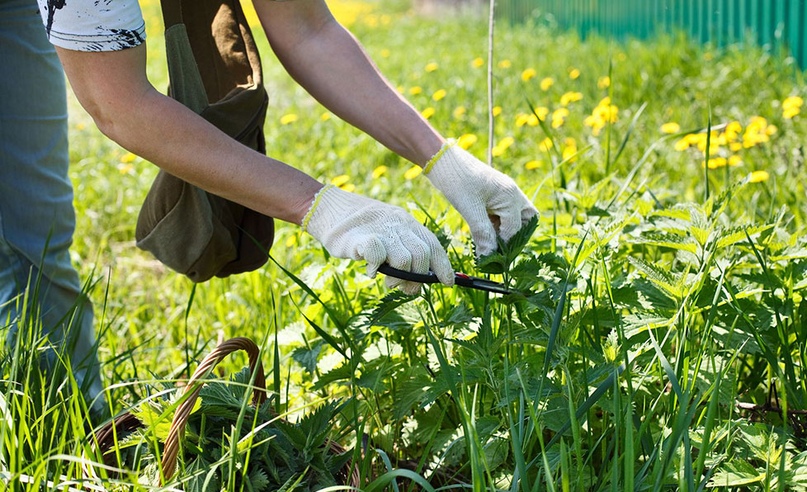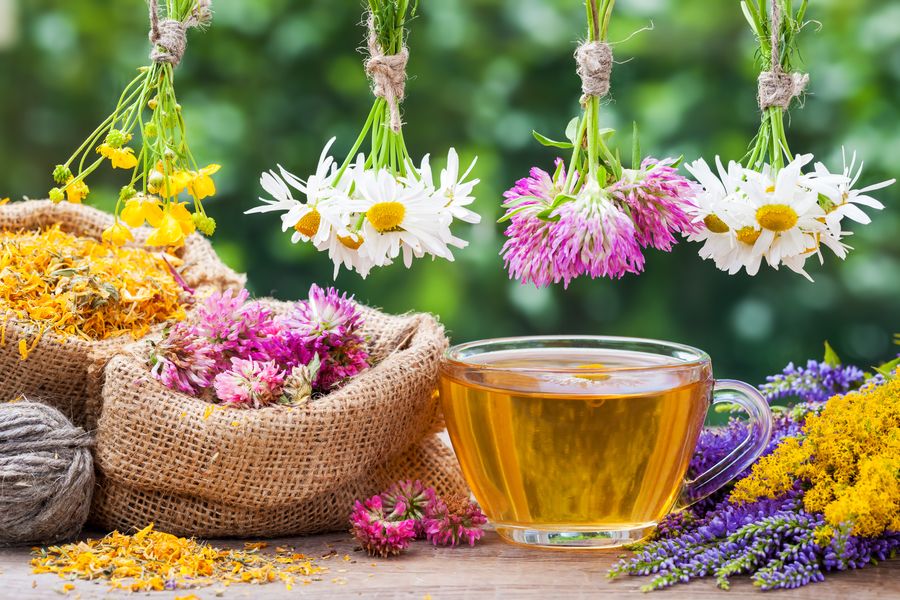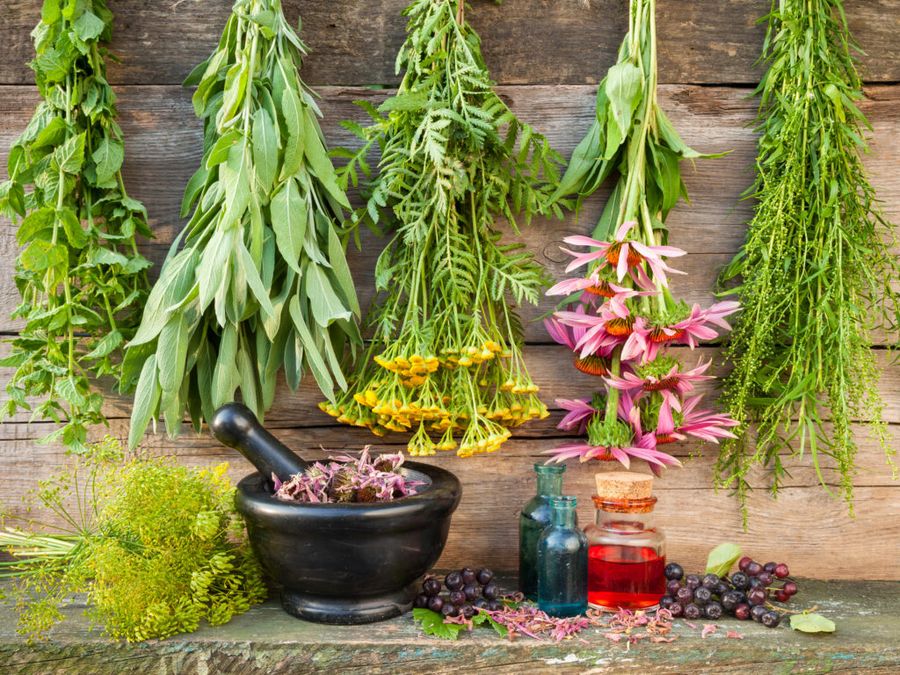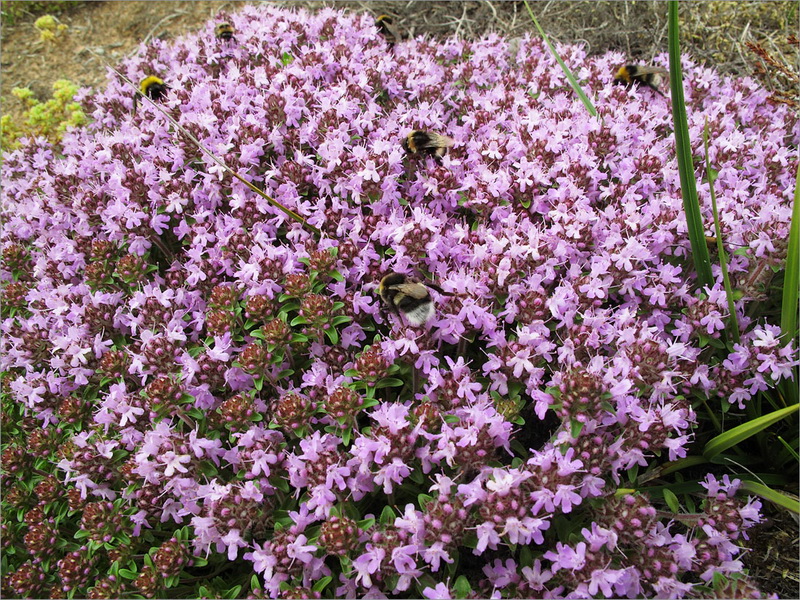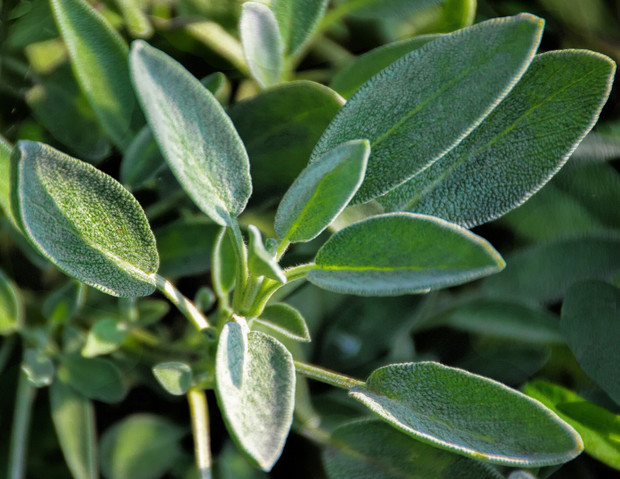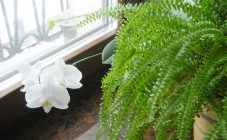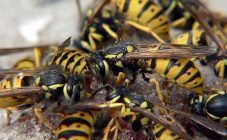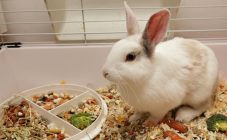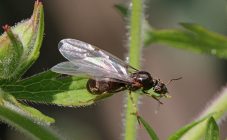Human health should come first. It is advisable to protect it from a young age, but it is never too late to start monitoring your health. In addition to pharmacy medicines, traditional medicine has a certain popularity. It includes medicinal herbs. It should be noted that this does not mean that you should not be treated with pills. This suggests that some herbs are capable of preventing diseases, or treating some of them in the mildest form. The use of medicinal herbs also have their own contraindications, so it is advisable to consult a doctor before using them. Even the most harmless plants, due to their excessive use, can adversely affect a person's condition.
Collection and storage
Most medicinal plants need to be harvested either before flowering or after (during). In this form, they have all their useful properties. After collecting them, they need to be brought into a form in which they could be stored for a long time. The most common is drying. Dry the plants in a dry, dark place (due to the sun's rays, the plant will lose color). The air temperature should not exceed +40 degrees, and it is also necessary to ensure the supply of fresh air. Can either be tied in small bundles and hung, or laid out on a horizontal flat surface (wood or fabric). Thus, all excess moisture comes out of the herbs.
After completely dry, you need to find a storage place. It should be dry and cool. Containers can be cardboard (boxes), glass (vacuum cans), cloth bags or simply wrapped in paper. Plastics are undesirable. In this form, plants are stored for an average of 2 years. Dry leaves are stored either whole or crushed into powder. Whole foods are believed to be healthier.
These herbs are most commonly used to prevent colds, strengthen immunity, calm nerves, and help the gastrointestinal tract. There are several medicinal herbs that everyone should have at home.
Mint
A well-known plant. Has a pleasant specific smell and taste. Add to tea or brew separately. Helps relieve spasms of the gastric tract, promotes the production of gastric juice for better digestion of food (who have problems with this), helps with coughing. Mint also has soothing properties. Those with sleep problems often drink mint at night. However, it also has negative properties if you drink it too often. In addition to its beneficial properties, it is great as a simple addition to tea, adding a pleasant menthol flavor.
Chamomile
Chamomile flowers and leaves have two medicinal properties. They are able to calm the nervous system and improve the functioning of the digestive system. Also suitable for people with insomnia. It is enough just to brew in boiling water for 10-15 minutes. May cause allergies, so be careful and discontinue at the first symptom.
St. John's wort
It is considered an antidepressant that helps to cope with nervous tension. Cannot be mixed with a medicine of this action. Also, a decoction of St. John's wort is undesirable for those with high acidity.
Thyme
Very good preventive medicine for lung diseases. It is considered an expectorant. Helps cleanse the lungs of harmful phlegm. Can be mixed with other herbs of similar action.Just like mint, it tastes good, so it will be a pleasant addition to tea.
Sage leaf
Great for throat ailments. This herb relieves inflammation and soothes the throat. To do this, gargle with a decoction of sage leaf.
This is a small list of useful herbs. They did not include rose hips, walnut leaves, coltsfoot, motherwort and many others. In any case, you need to consult your doctor. He will give advice on which herbs to use and how.

